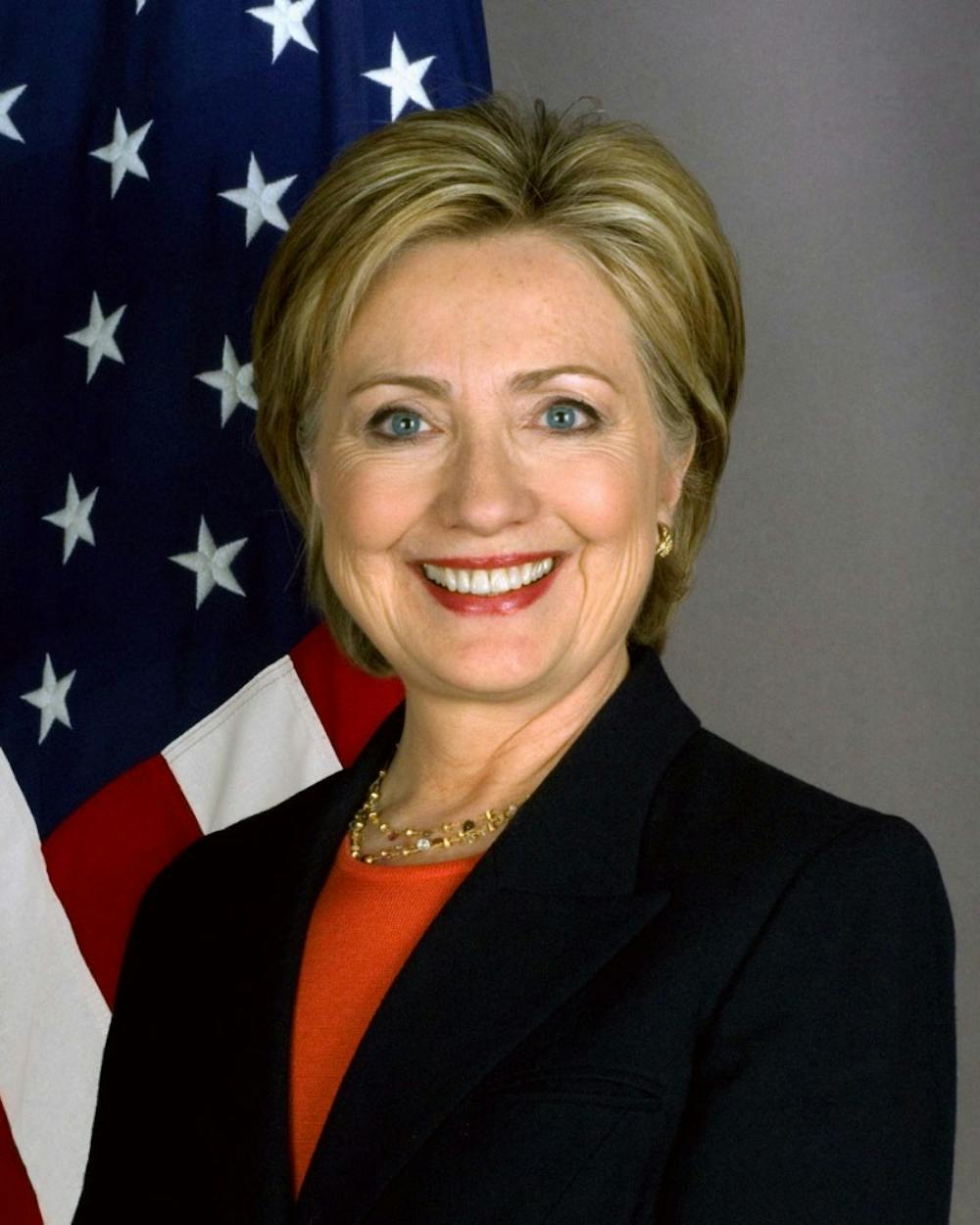By Sarah Gorman | Contributor

Election season 2016 has been a rollercoaster, and for many college-age students such as myself, this is the first presidential election we have a say in. With the youth voting turnout historically low-in the 2014 election, just under 20 percent of 18-29 year olds voted, the lowest number ever recorded-it's more important than to make our voices heard.
However, a Rasmussen survey shows that 65 percent of Americans don't feel either major party candidate accurately represents them. For many Americans, the sole reason for voting Hillary or Trump is to vote against the other-picking whoever they feel is the "lesser of two evils." In fact, a Reuters poll reports that 48 percent of Trump supporters said they are voting for Trump to stop Hillary, and 52 percent of Hillary supporters said the same about Trump.
Why should our first presidential vote be put toward a leader we don't actually wish to see in office? Why do we feel confined to the two-party system? In George Washington's farewell address, he warned the country of the "continual mischiefs of the spirit of party," urging it to be the "interest and duty of a wise people to discourage and restrain it." He believed a two-party system would divide the nation. It has. If every voter in that 65 percent of Americans voted third party over "the lesser of two evils," a third party candidate could easily win.
Because of this, the 2016 election season is the first time a third party has had an opportunity to shake things up. While the Republican and Democratic parties are at each other's throats, the Libertarian Party and Governor Gary Johnson are focused on the people. To paint it with a broad brush, the Libertarian Party focuses on the voter as an individual, on smaller government within the economy and on social issues. The Libertarian Party still holds those values, but this year their primary focus is on the rising national debt and the issue of taxes.
Meanwhile, Gary Johnson has shaped up to be a nice blend of current typical political stances. He doesn't grovel, he has a clear head on his shoulders and while I don't agree with all his policies, he's someone I can trust to be level-headed in the Oval Office. He and his running partner, Governor Bill Weld, have already sworn off name-calling, looking to deal with the issues and the issues alone. This-along with eight years of governing-displays Johnson's remarkable success in marrying the typical interests of Republicans and Democrats.
In terms of Republican ideals, Johnson favors simplifying and reducing taxes. While governor, Johnson cut taxes 14 times and never once raised them. Johnson has expressed that he personally "believes in the sanctity of the life of the unborn." He also supports both the death penalty and the right to bear arms, believing that carried guns reduce crime and mass shootings. Johnson considers Obamacare ineffective. He looks to cut Medicare spending. He also says the Founding Fathers would be disgusted to see the government spying on its citizens, and he advocates for free market over government regulation. This is attested to by his experience as a formidable businessman: he founded one of New Mexico's largest construction companies during his junior year of college. It sold for $10 million. A self-made millionaire, Johnson believes businesses-not the government-create jobs. Finally, Johnson says American interference abroad has made terrorist problems worse: he advocates for brains, not bombs.
As for more Democratic ideals, Johnson supports gay marriage as an individual liberty and champions the legalization of marijuana. He believes in separation of church and state, he wishes to make visas more attainable for immigrants and he wants to expand support for refugees, as long as their entrance is regulated. Johnson personally believes in the sanctity of the life of the unborn, but publically holds a pro-choice stance with an emphasis on the right to choose up until the viability of the fetus, and he fundamentally opposes the prosecution of victimless crimes, which includes racial profiling in drug arrests.
Overall, the two-party system isn't the only choice. A level-headed option does exist, and the power to decide rests with the voters.




